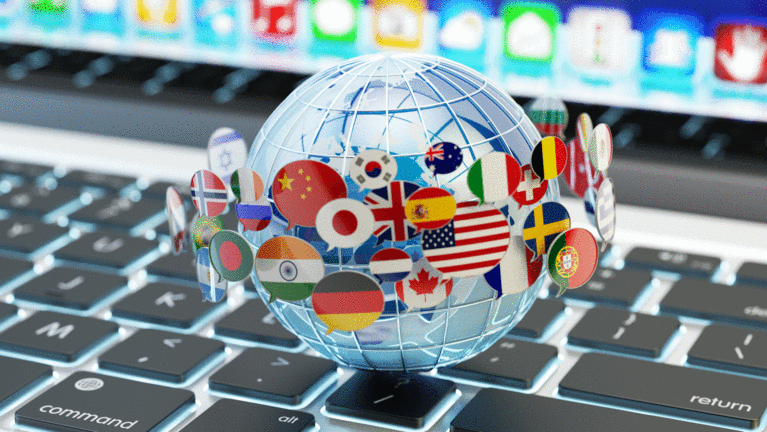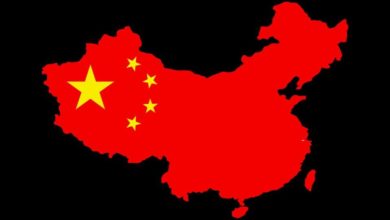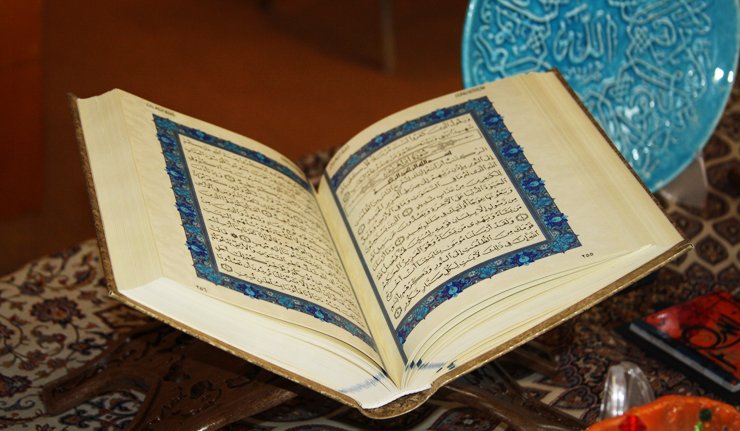الترجمة والذكاء الاصطناعي: جدلية الواقع بين التطبيق والتوطين
Translation and artificial intelligence The dialectic of reality between application and localization

اعداد : شيماء ابليلط – جامعة سيدي محمد بن عبد الله، فاس، المغرب
المركز الديمقراطي العربي : –
- مجلة الدراسات الاستراتيجية للكوارث وإدارة الفرص : العدد الخامس والعشرون آذار – مارس 2025 – المجلد 7 – وهي مجلة دولية محكمة تصدر عن المركز الديمقراطي العربي المانيا- برلين.
- مجلة الدراسات الإستراتيجية للكوارث وإدارة الفرص ” هي مجلة دولية محكّمة تصدر من ألمانيا – برلين عن “المركز الديمقراطي العربي” تُعنى المجلة في مجال الدراسات التخصصية في مجال إدارة المخاطر والطوارئ والكوارث وما ينتج عنها من فرص لا بد من إدارتها لاستدامة جودة الحياة البشرية.
للأطلاع على البحث من خلال الرابط المرفق : –
ملخص :
يعد الذكاء الاصطناعي طفرة نوعية في مجال التكنولوجيا حيث أحدث تغييرا في جل الميادين. قس على ذلك ميدان البحث في العلوم الإنسانية والاجتماعية خاصة الترجمة. ولقد لعب هذا التحول دورا أساسيا في تسهيل عملية الترجمة إلا أنه أضحى موطن تساؤل حول ما مدى تأثيره على هوية المترجم وإبداعه في نقل نص أو مفهوم أو مصطلح من لغة إلى أخرى ومن ثقافة إلى أخرى. فإن كانت الترجمة حلقة وصل بين اللغات والشعوب فإن الذكاء الاصطناعي رغم مميزاته أضحى يؤسس للبنة ترجمة بشكلها المعولم المنمط معلنا «موت المترجم» وإبداعه في فضاء أحادي القطب يؤمن بجغرافيا بدون حدود ويوسع حيز العالمية بمفهومها القدحي تحت ثالوثها المقدس: ” إنتاج وربح واستهلاك” مما يجعلنا نتساءل: هل الترجمة أضحت منتوجا يعرض في سوق العولمة بثمن بخس؟ ما هو دور الإنسان عامة والمترجم خاصة في ميدان بحثه إن لم يكن إنسانا مبدعا؟ إلى أي حد كرست النهضة التكنولوجية مبدأ هدم البناء الإبداعي للمترجم؟
إن الهدف من هذه الدراسة البحثية هو تسليط الضوء على بعض إشكالات الذكاء الاصطناعي في علاقته بالترجمة والمترجم.
Abstract
Artificial intelligence is a qualitative leap in the field of technology, as it has brought about a change in most fields. The same applies to the field of research in the humanities and social sciences, especially translation. This transformation has played a fundamental role in facilitating the translation process, but it has become a source of questioning about the extent of its impact on the identity of the translator and his creativity in transferring a text, concept or term from one language to another and from one culture to another. If translation is a link between languages and peoples, artificial intelligence, despite its advantages, has become the foundation of translation in its globalized, standardized form, announcing the “death of the translator” and his creativity in a unipolar space that believes in geography without borders and expands the scope of universality in its derogatory concept under its holy trinity: “production, profit and consumption”, which makes us wonder: Has translation become a product offered in the globalization market at a cheap price? What is the role of humans in general and the translator in particular in the field of his research if he is not a creative human being? To what extent has the technological renaissance devoted the principle of demolishing the creative structure of the translator? The aim of this research study is to shed light on some of the problems of artificial intelligence in its relationship with translation and the translator.




